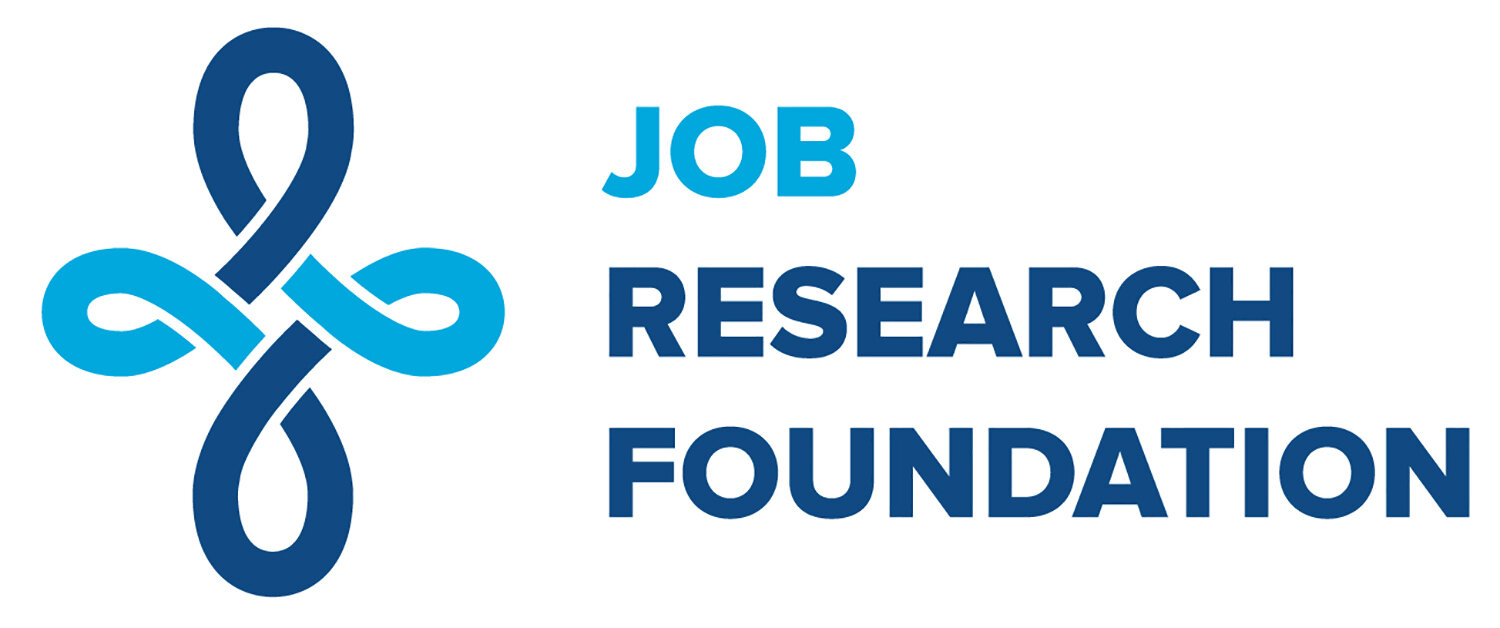5 Year Summary
5 Year Summary
Since 2019 the Job Research Foundation has funded a total of Fourteen scientific research projects. Researchers hail from Australia, Germany, Spain, the United States, and the UK. Additionally, the researchers are from prestigious institutions including the Garvan Institute, Helmholtz Zentrum München, Hospital Infantil Universitario, Rockefeller University, Massachusetts General/Harvard Medical School, University of Newcastle, University of Pennsylvania, Boston Children’s Hospital, University of Freiburg, Columbia University, and the NIAID. A list of the researchers, their project titles and focus can be viewed here.
Spearheaded by Dr. Alain Fischer, Chief Scientific Officer, based at Institut Imagine located in Paris, France, the Foundation’s Scientific Advisory Board consists of nine researchers from around the world. The SAB reviews the applications for grant funding each December. The grants are distributed over a two-year period for a total of $200,000 per researcher. While the pandemic created challenges for several of the scientists, they are back on track to complete their research projects and final reports. The completed reports can be viewed on the Job Foundation website at www.jobresearchfoundation.org
As stated by Dr. Alain Fischer, Chief Scientific Officer, Job Research Foundation, "The Job research Foundation is transforming the perspective of ‘Job’s disease’. Both pathophysiology, namely the impact of STAT3 mutations on the lung function, how it heals following infection, and the clinics, for instance the impact of bone marrow transplantation and the prospect of gene therapy are being successfully investigated by scientists worldwide. JRF is truly a game-changer".
As stated by Hongmei Mou, an Assistant Professor at Massachusetts General Hospital/Harvard Medical School and a recipient of a Job Research Foundation grant, "My laboratory uses stem cell technology to study genetic mutations and environmental perturbations-associated lung diseases. Patients with Job Syndrome are prone to developing chronic airway infections with fungal pathogens and non-tuberculous mycobacteria. With the support from Job Research Foundation, we identified that abnormalities in airway epithelial differentiation and innate host defense are underlying mechanisms for pulmonary complications in Job Syndrome. This work created a publication and has accelerated my career growth in infectious disease modeling.”
As stated by Professor Stuart Tangye, Head, Immunology & Immunodeficiency Laboratory, Garvan Institute of Medical Research, “We have been studying Job syndrome for 15 years now; along the way we have been able to make some terrific discoveries that have advanced our understanding of how the clinical features of this condition develop. However, we still have a lot to learn. This has been made clear by the COVID19 pandemic – despite all the fantastic breakthroughs in immunology over the past 60+ years, many unknowns remain. With current funding from the Job Research Foundation, we are now able to address several of these unanswered questions. We will specifically assess the way
B cells – which produce protective antibodies – function in patients with Job syndrome. This will address 2 major uncertainties – why do Job’s patients develop hyper IgE, and how effective are COVID19 vaccines in Job’s patients. The results from these studies will impact not only Job’s patients but also other individuals with poor immune responses or allergic diseases.”
Future plans for the Foundation include hosting an in-person symposium where each of the funded researchers can share their scientific findings providing greater understanding, and insight, into the work that has been completed. The symposium will hopefully foster additional collaboration among the scientists and generate ideas for future research projects into Job Syndrome.
The Job Research Foundation will begin accepting new grant applications in July 2023, and award the grants in December 2023.
